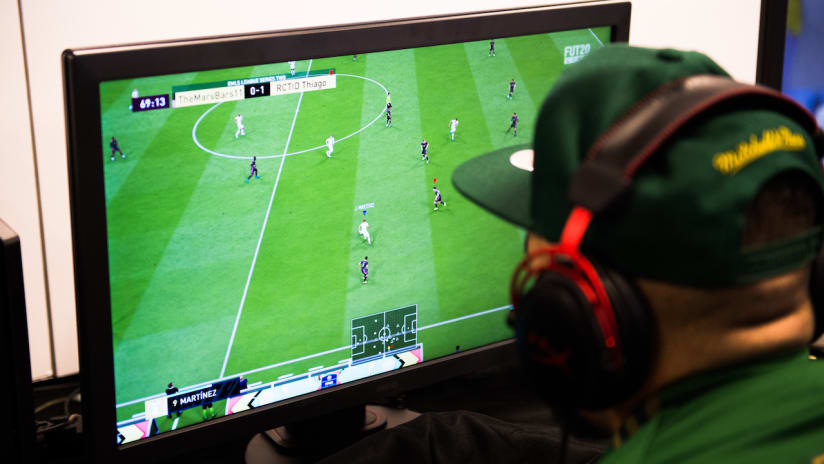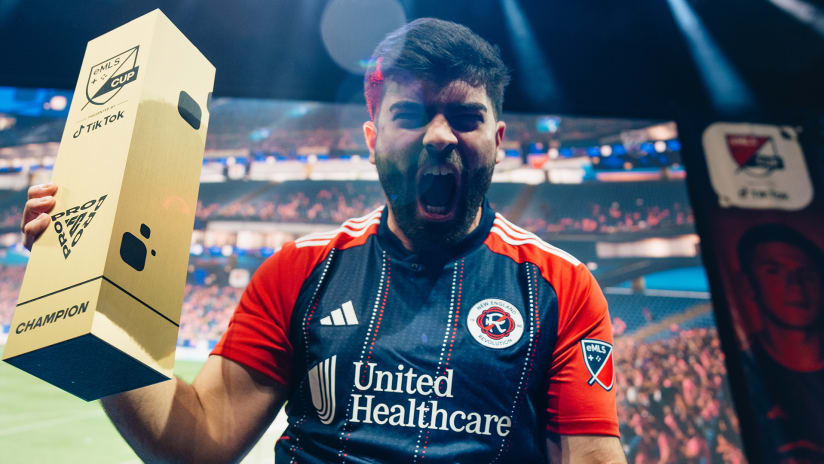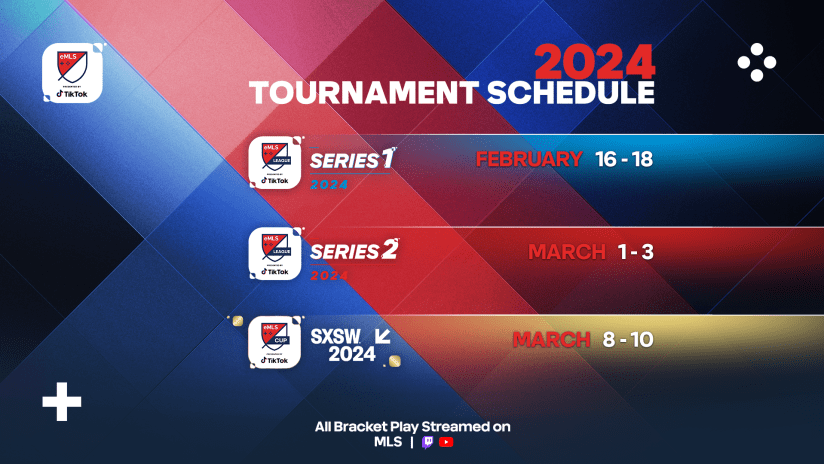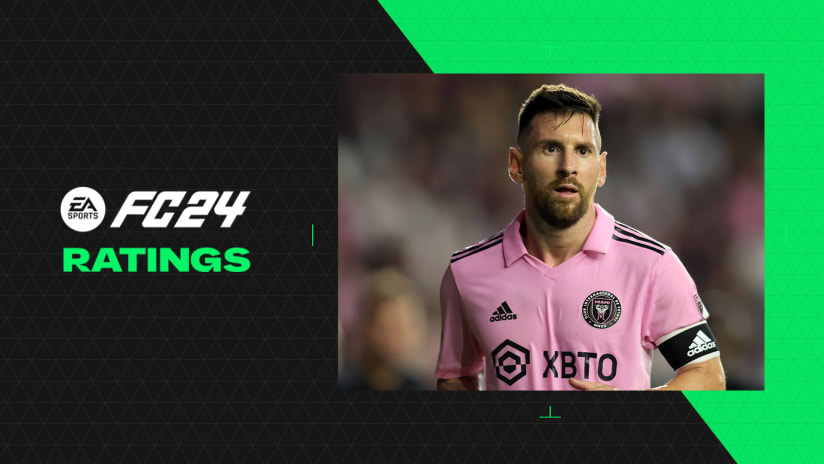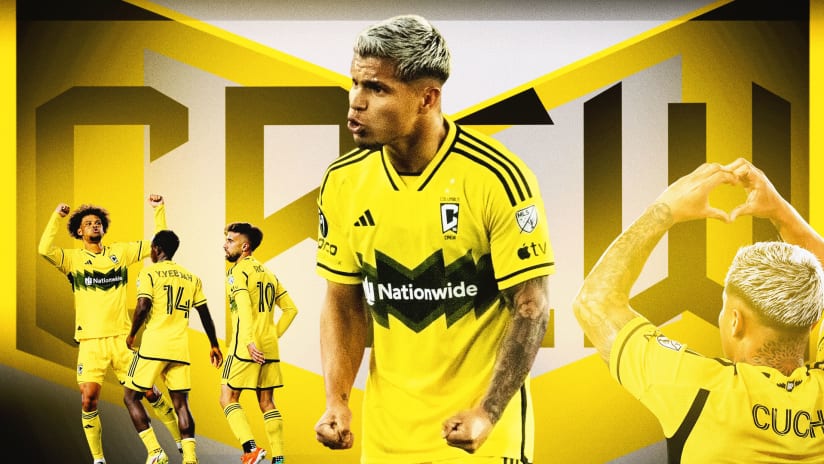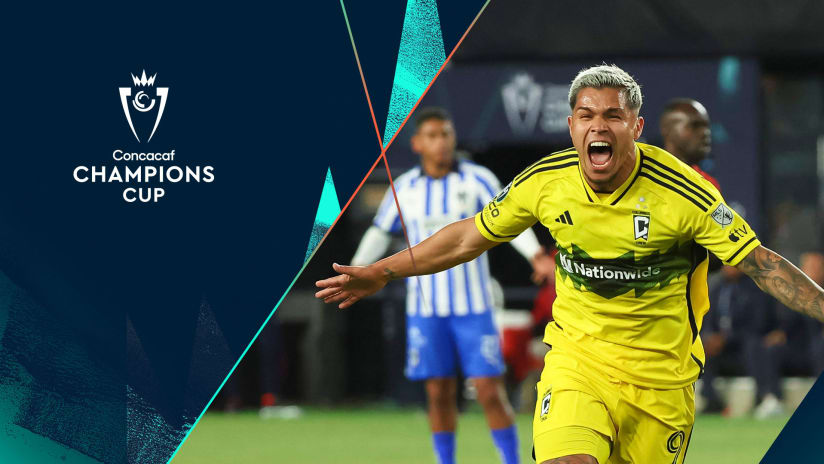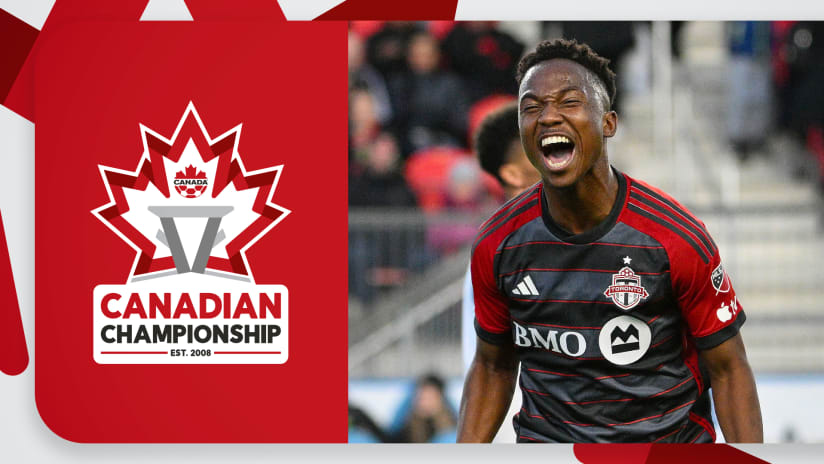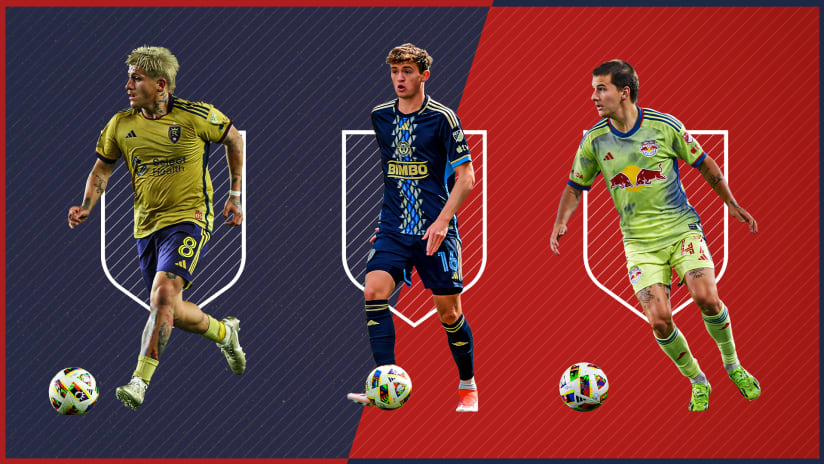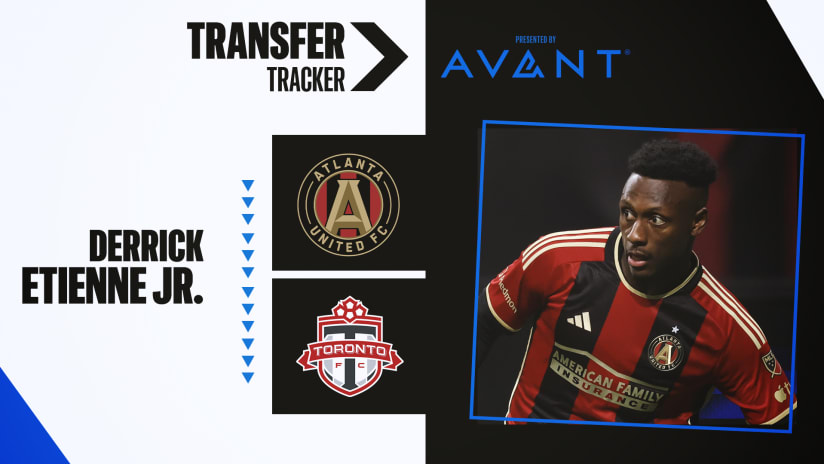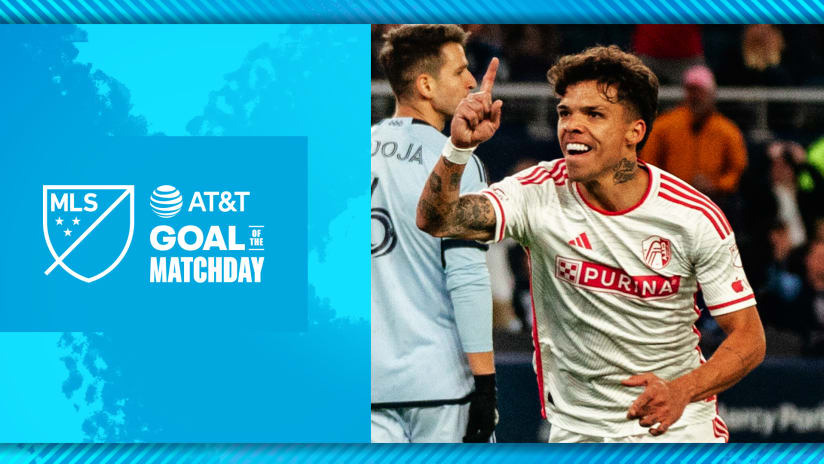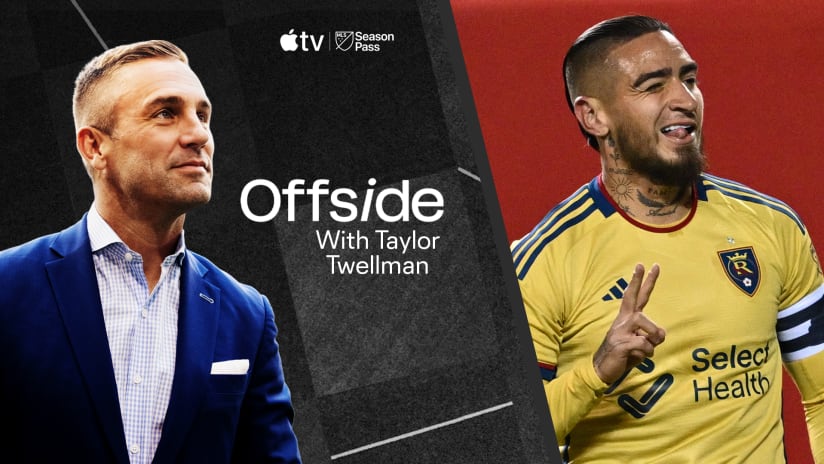EDITOR'S NOTE: This Sunday, starting at 1 pm ET on Twitch, Twitter and MLSsoccer.com, you can catch the conclusion to the 2020 eMLS season with the eMLS Cup presented by Coca-Cola and PlayStation.
I didn’t have a console, but my friend Kyle did. So when we needed to kill a few hours or escape from the unrelenting and brutal challenges we were facing in high school, we went to his house and played FIFA. I sucked. And I didn’t know the real-life or virtual versions of soccer well enough to understand why. So I demanded to know why and at some point I stopped losing 7-0. And eventually I figured out how to pronounce Juventus. And now I write about soccer for a living.
That’s a simplified version of the story. But I know what you’re thinking and it’s some version of “This guy only started following my sport because of a video game, that must be why he’s wrong about everything.” The thing is, though, I know a secret. Or rather Bion West, the senior manager of MLS’s esports league, eMLS, knows it.
There’s a legitimate chance you have a similar story.
“Sixty-five percent of avid MLS fans highlight FIFA as a driver of their interest in soccer,” West said. “We were a little skeptical when we first heard it. But then anecdotally, the more and more we talked to people, time and time again, we hear feedback that they maybe weren't interested in soccer but then the more they played [EA FIFA] that's how they learn the sport. The players start to get more real. Now the graphics are getting more real and it drives them to the sport.”
The video game is immensely popular. Ridiculously popular.
In May, Electronic Arts, the company that develops the game, said that there are more than 25 million individual FIFA 20 players worldwide and in 2018 the company reported that over 260 million copies of the game had been sold since the franchise began in 1993. That level of popularity has led to it becoming one of soccer’s most readily available gateway drugs.
“It's become a member of pop culture,” eMLS presenter and player Mike LaBelle said. “FIFA's now integrated to the point where you can have conversations about, ‘Hey, do you play FIFA?’ and more often than not, the answer is yes. Everybody's played FIFA at some point in their life. And the reason that that's important is that you’re crossing over new fans because people are getting into it. They're very casual and they're like, ‘Oh wait a second. I'm way more into this than I thought.’”
It’s a unique experience in gaming in North America. There are other sports that are, for now, more ubiquitous to casual fans, yet FIFA’s popularity seems to run counter to that thought. It’s a combination of those coveted 18 to 29-year-old demographic reports that show soccer’s popularity with The Youth and the fact that soccer, in any form, is an incredible entertainment product.
“There is something about FIFA that I think makes it a little bit more unique than the other sports games,” former MLS player turned esports presenter Jimmy Conrad said. “Whether it's the team atmosphere, there's just something about the beautiful game that, whether it's virtual or real, that brings a different type of emotion out of you.”
Growth of eMLS
In this case, any form really does mean any form. As much as playing FIFA or watching a game in the stands or on TV can bring out the emotion Conrad mentions, people are finding more and more that watching someone play FIFA can do the same.
In 2018, MLS launched eMLS, a competitive FIFA league where players represent each MLS team. Twitch streams for the league’s championship, eMLS Cup nearly doubled from 2018 to 2019. This year an eMLS tournament special found a home on cable television with FS1 and the 2020 eMLS Cup. rescheduled from earlier this year due to COVID-19, will take place on Sunday.
The players all have thousands and thousands of followers across social media. It’s popular with that 18-29 demographic and likely even more popular if you skew that demographic even younger. And in addition to grabbing young fans, it’s a way for teams to connect with new fans at both the grassroots level and internationally. Teams hold local FIFA tournaments, broadcast eMLS matches worldwide and can use the league to generate buzz they otherwise may not have had.
“It's just another mechanism to get the club's name out there to perhaps the demographic that the club didn't have exposure to before,” West said. “Even if they're not necessarily performing well on the physical field, the eMLS season provides them a completely different alternative to try to be competitive in a space and to get their name out there and to break headlines.”
Esports are an inescapable reality now. It might be strange to think about, but the popularity of esports and FIFA are symbiotic with the popularity of soccer. The bottom line is that the simplest way to get your friend who still thinks soccer is boring to come with you to a match might be getting them to play one. Or at least watch a virtual one first.
“It's crazy. And it's hard to understand, I think, for a traditionalist,” LaBelle said. “But if you have a really good eMLS player, that might create a lot more fans for your club. It sounds crazy saying that. You're like, ‘Really? So the guy that plays the video game can bring in a bunch more fans?’ Yeah, because if you're in the young crowd, you know they’re there and they don't choose to support the same way.”

